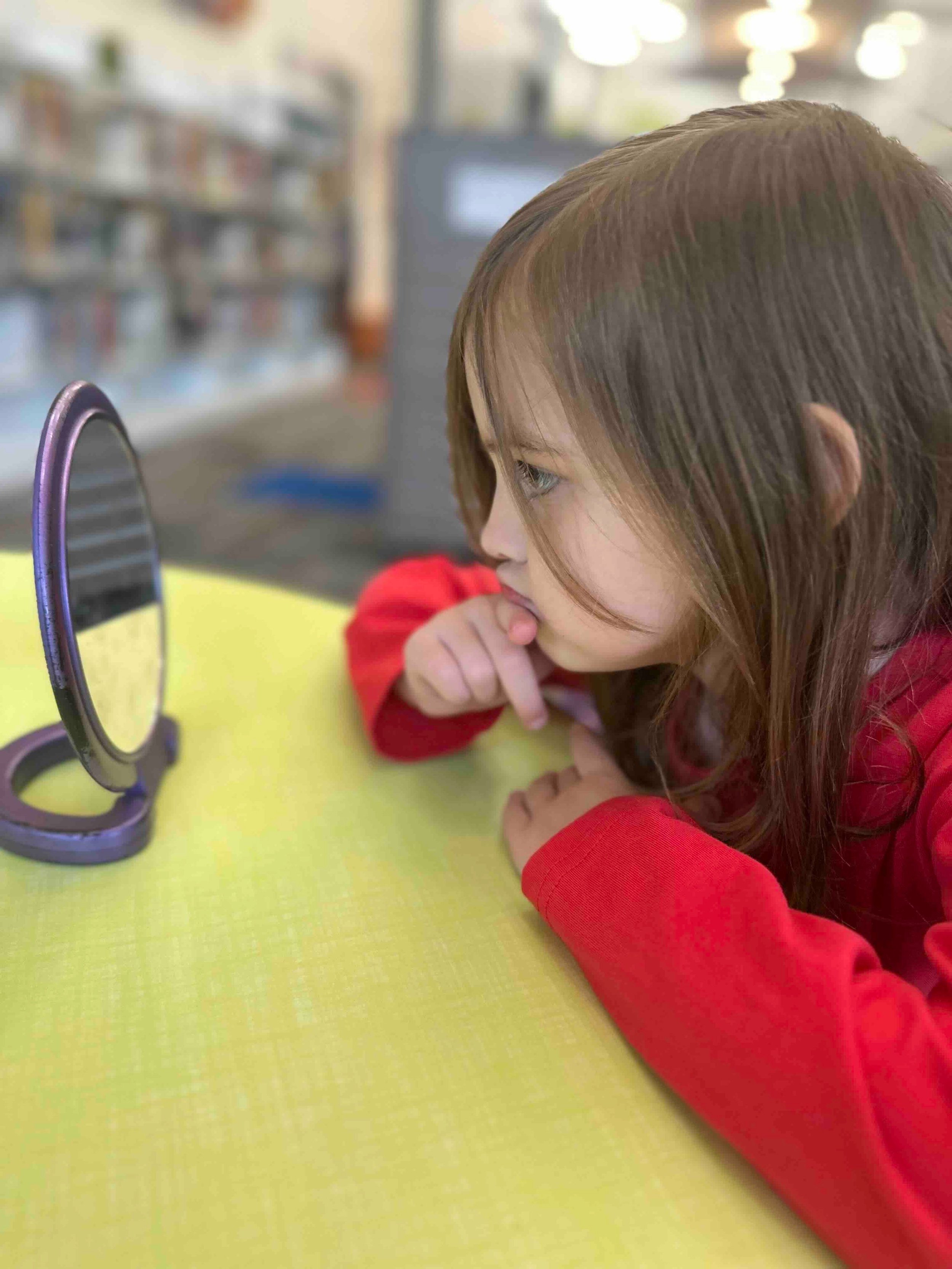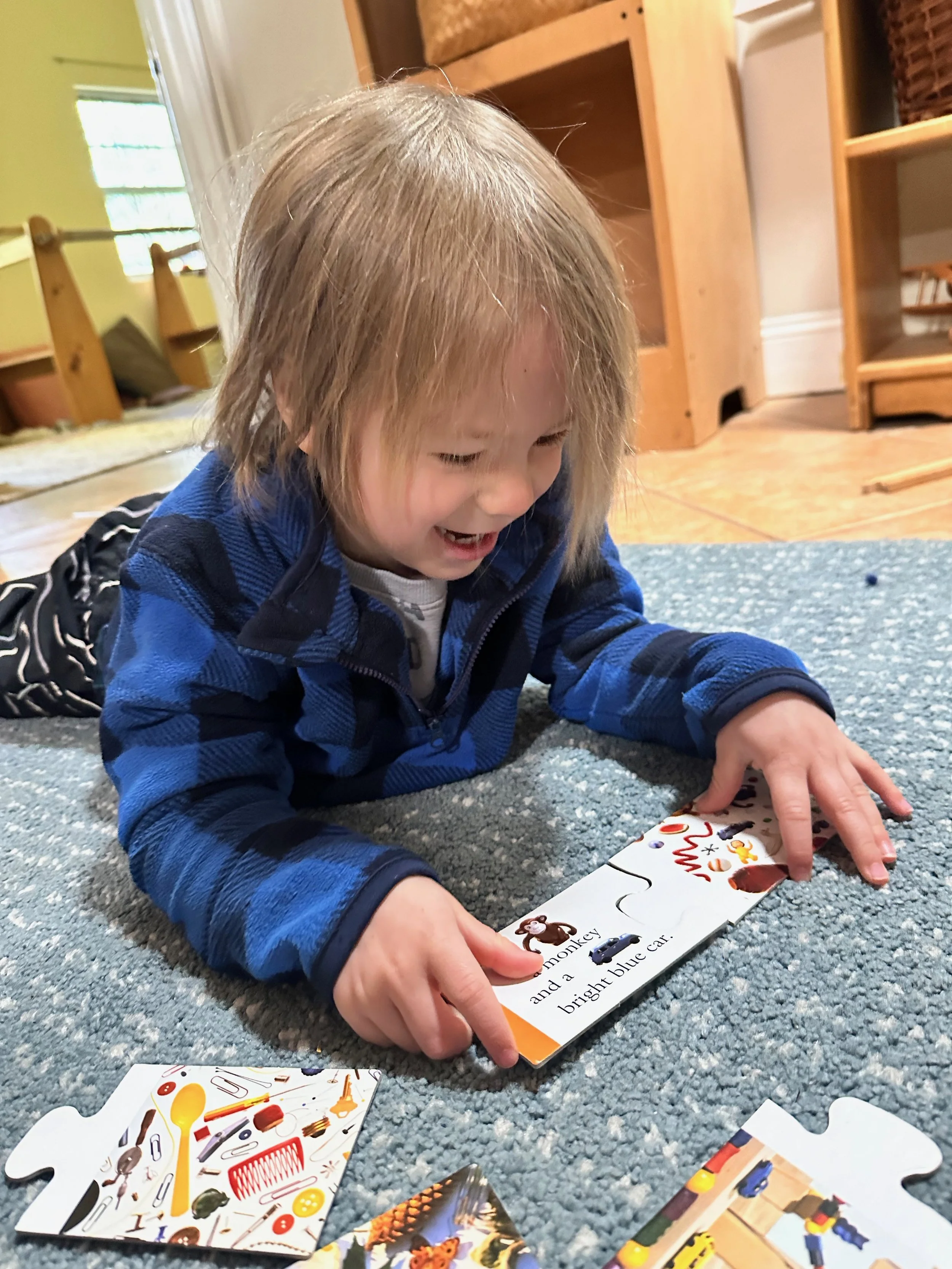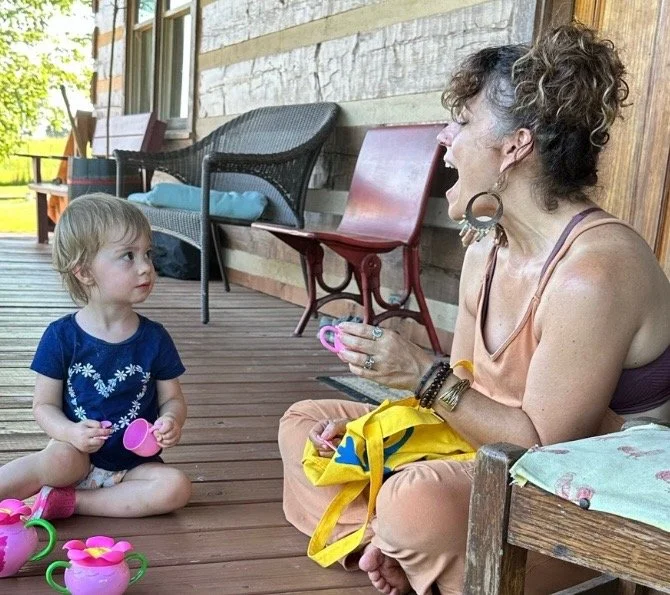
SPEECH THERAPY
DOES YOUR CHILD NEED SPEECH THERAPY?
How do you know if your child may need speech therapy?
Are they mispronouncing words?
Are they difficult to understand when they are talking?
Do they have difficulty answering and understanding questions?
Do they have difficulty asking questions or commenting on an event?
Are they not using complete sentences?
Do they seem to have bumpy speech?
Are their comments off-topic?
Very shy? Late talker?
If you’re concerned that your child might need speech therapy, look at these developmental milestone charts as a reference for what to expect for your child’s age range. If you have questions, please give me a call!
HOW I CAN HELP YOUR CHILD
I offer speech therapy services that support a variety of communication and developmental needs, including:
Autism Spectrum Disorders
Articulation & Phonological Disorders
Childhood Apraxia of Speech
Cleft Palate and Craniofacial Disorders
Developmental Delays
Early Literacy Development
Language Delays and Late Talkers
Social Language/Skills development
Speech Delays
BENEFITS OF PLAY-BASED MINDFUL APPROACH to SPEECH THERAPY
-
This approach addresses the 'whole child', integrating speech development with emotional and social growth through play and mindfulness practices.
-
Mindfulness practices reduce stress and anxiety, creating a calm atmosphere that supports more effective learning during play-based activities.
-
Children are naturally more engaged when learning is fun and stress-free, which is at the heart of play-based and mindfulness approaches.
-
The relaxed state encouraged by mindfulness increases the brain's ability to retain new information and skills acquired during play.
-
Mindfulness techniques help children develop better self-regulation, which is crucial for focus and attention during speech therapy sessions.
-
Both play-based and mindfulness strategies allow for personalization of therapy to fit the unique needs and preferences of each child.
-
Through guided play, children practice conversational turn-taking, listening, and other social communication skills in a natural context.
-
Mindfulness encourages children to be aware of their own and others' emotions, which can lead to more empathetic interactions and improved communication.
-
Mindfulness teaches patience, which is beneficial when children are working through challenging speech and language concepts.
-
Skills learned in a relaxed and playful setting are more likely to be used in daily life as children associate these skills with positive experiences.
-
These approaches offer strategies that parents and caregivers can easily implement at home, promoting continuous learning and support.
-
Success in playful therapy activities, coupled with a mindful appreciation of each step in the learning process, boosts a child’s confidence and willingness to communicate.
-
A playful and mindful approach to therapy nurtures a positive attitude towards learning and communication, laying the foundation for lifelong skills.


